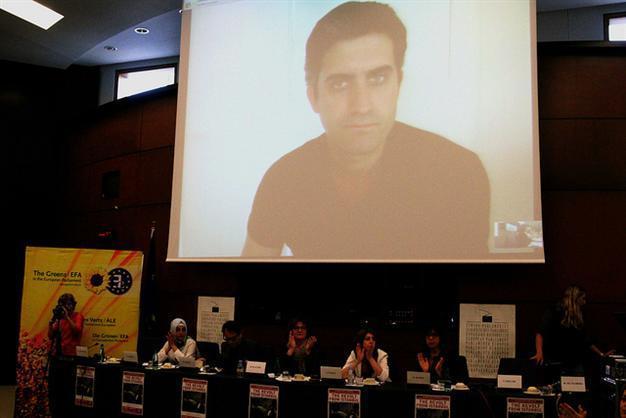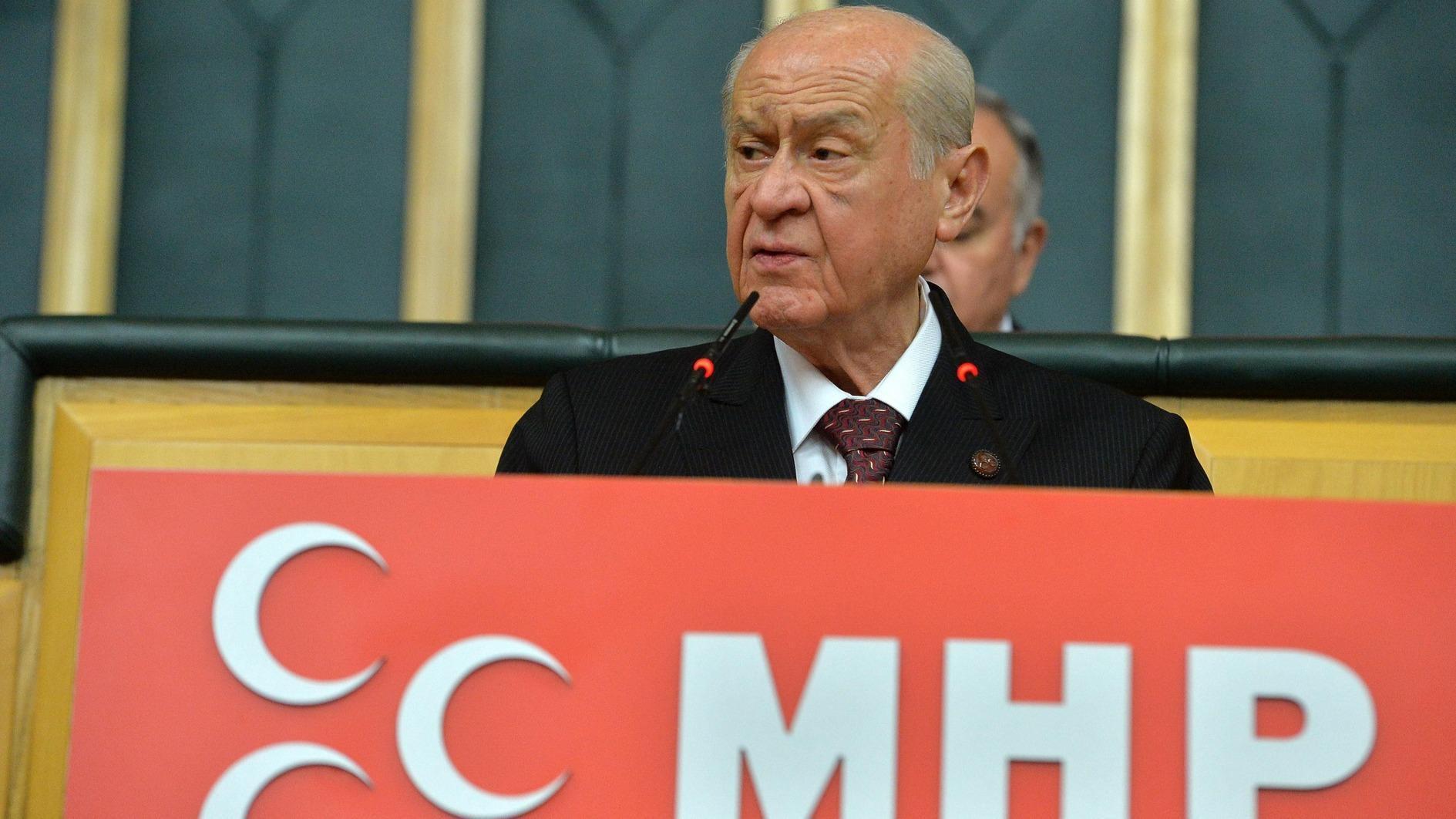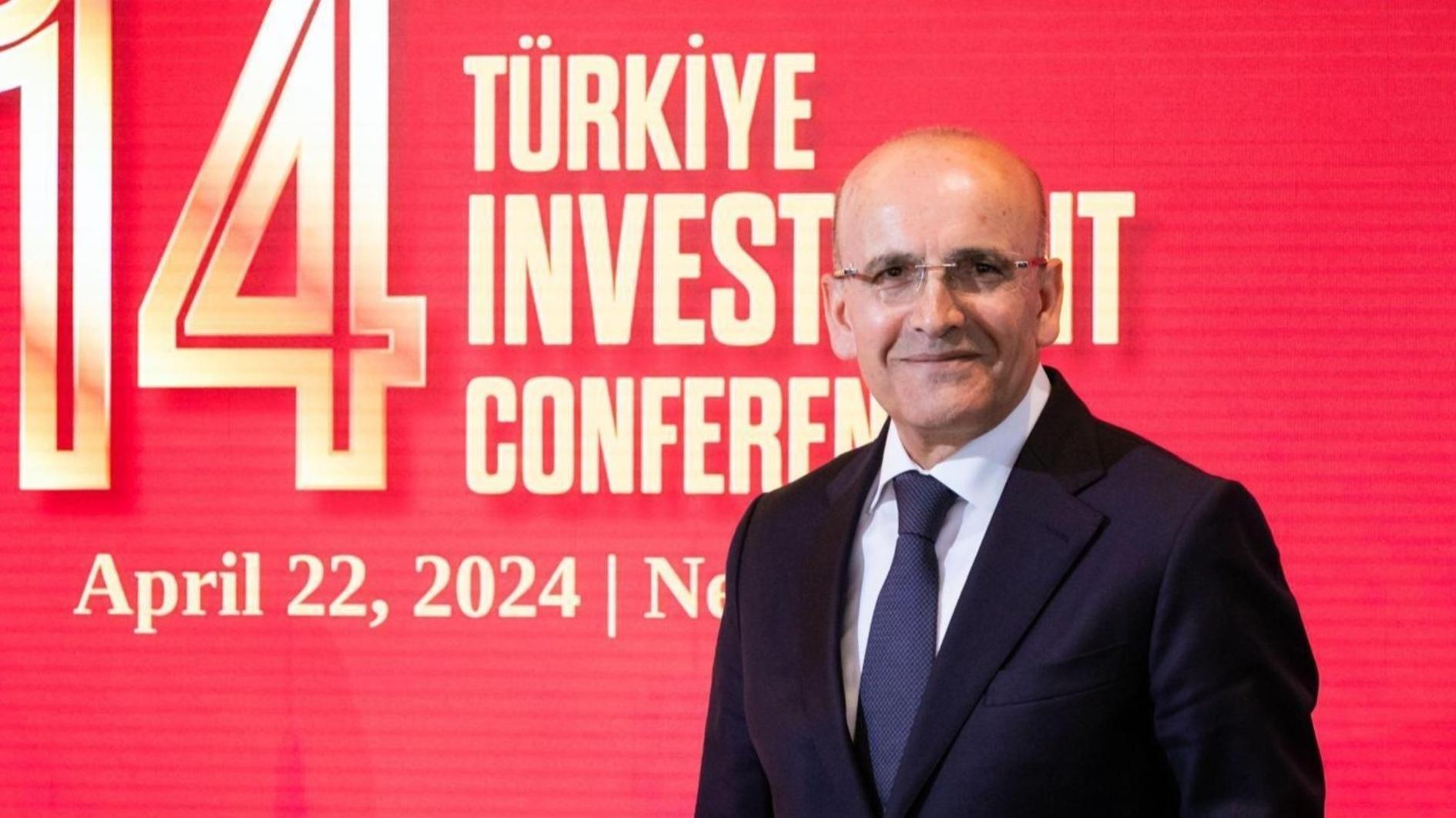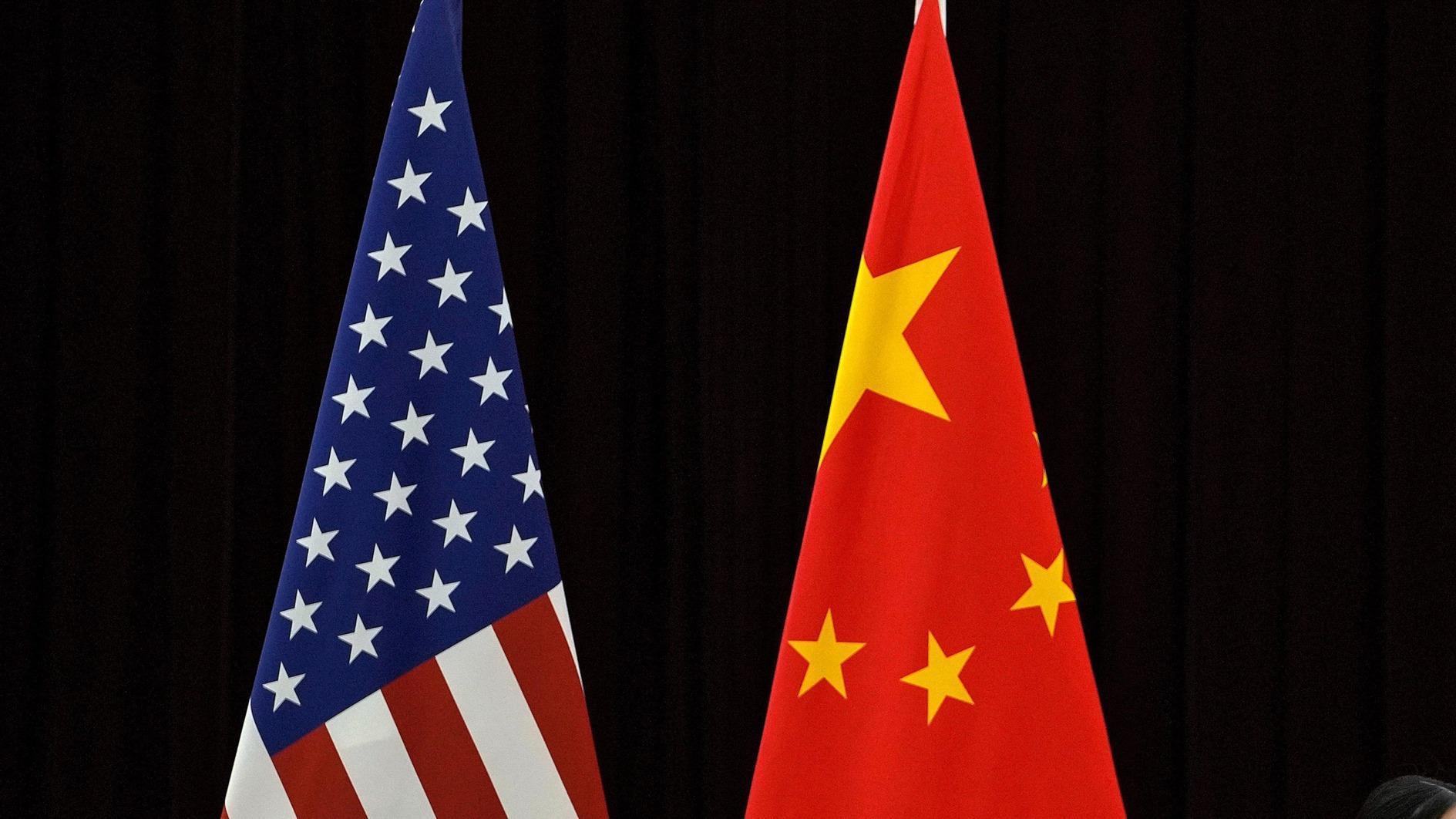European Parliament hosts Taksim protesters and activists
ISTANBUL

The panel consisted of Korhan Gümüş, member of the Coordination Committee of the Taksim Solidarity Plarform; Rojda Tekin, student and spokesperson of the Anti-Capitalist Muslims; Sevil Turan, co-spokesperson of the Green Left Future Party; as well as outspoken actor Mehmet Ali Alabora. Photo from Greens-EFA group
The European Parliament’s Greens-EFA group hosted a session on the recent protests in Turkey today featuring a panel with several protesters from the Taksim Gezi Park demonstrations, including famous actor Mehmet Ali Alabora.The panel consisted of individuals or representatives of organizations involved in the recent unrest in Turkey, and the debate which followed provided an opportunity for members of the European Parliament (MEPs) to ask questions and learn more about the ongoing events in Turkey which have generated much interest and discussion in the EU political sphere.
The debate was chaired by Hélène Flautre, MEP from France and chair of the delegation to the EU-Turkey Joint Parliamentary Committee. The panel consisted of Korhan Gümüş, member of the Coordination Committee of the Taksim Solidarity Plarform; Rojda Tekin, student and spokesperson of the Anti-Capitalist Muslims; Sevil Turan, co-spokesperson of the Green Left Future Party; as well as outspoken actor Mehmet Ali Alabora. Rebecca Harms, German MEP and co-president of the Green/EFA Group, also participated in the panel.
Alabora was the first to take the floor, and did so from Turkey via Skype, as he had been unable to leave the country to attend the debate due to recent difficulties he had been experiencing. He said he had been in the park to support the protests, and had spoken out not just about the park but also about other issues such as the now-demolished Emek Theater and shopping mall projects.
The actor also said he had been targeted for expressing himself and portrayed as one of the starters of the events. He added that daily Yeni Şafak had accused him of engineering a dress rehearsal for the events with his recent play “Mi Minor,” leading him to seek protection from the authorities because he no longer feels safe in the country.
He further said the key aspects for him were the protection of nature and the demand for freedom of expression.
‘A new kind of revolt’
Gümüş, who was one of the members of the Taksim Platform that met Deputy Prime Minister Bülent Arınç over the incidents last week, said the events in Istanbul were a completely new type of revolt that the government had failed to understand.
He said NGOs, civil society and people in the street were all coming into conflict with state structures and mechanisms and that this had undermined the structures of authority in the country.
Tekin, currently a student and an active member of the Anti-Capitalist Muslims group, said she had participated in the protests as a matter of conscience.
Events have advanced well beyond the initial reaction over “one or two trees,” she said, adding that the protests now provided a coming-together for many different factions to express their opinion against the government with a common voice.
Tekin said the injustices being committed now gave a sense that action had to be taken on the part of society as a whole. The level of violence and suppression of peaceful protests by the authorities had mobilized people who were now asking themselves questions about the government, she added, noting that this adversarial situation between people and police had strengthened the protests.
Turan, meanwhile, said the events were a landmark rebellion. What had started as a protest about the urban structure of the city had developed into something else, she said, adding that Prime Minister Recep Tayyip Erdoğan had succeeded in uniting people against him and his administration.
The urban historical heritage of Istanbul is being flattened to make way for new projects, such as the third bridge and third airport that go hand-in-hand with new legislation to reduce environmental protection, she said, adding that the AKP’s method of ruling had become a very authoritarian one that suppressed consultation and ignored public onion.
The protests in Turkey entered its third week with new police violence toward protesters in Taksim Square today.
The government has ruled out retreating from the demolition project in the park even as Erdoğan prepares to meet a committee of representatives of the protesters tomorrow. However, the composition of the committee is highly controversial and many protesters, as well as the Taksim Platform that met Arınç last week, have said they do not consider it as representative or legitimate.
















